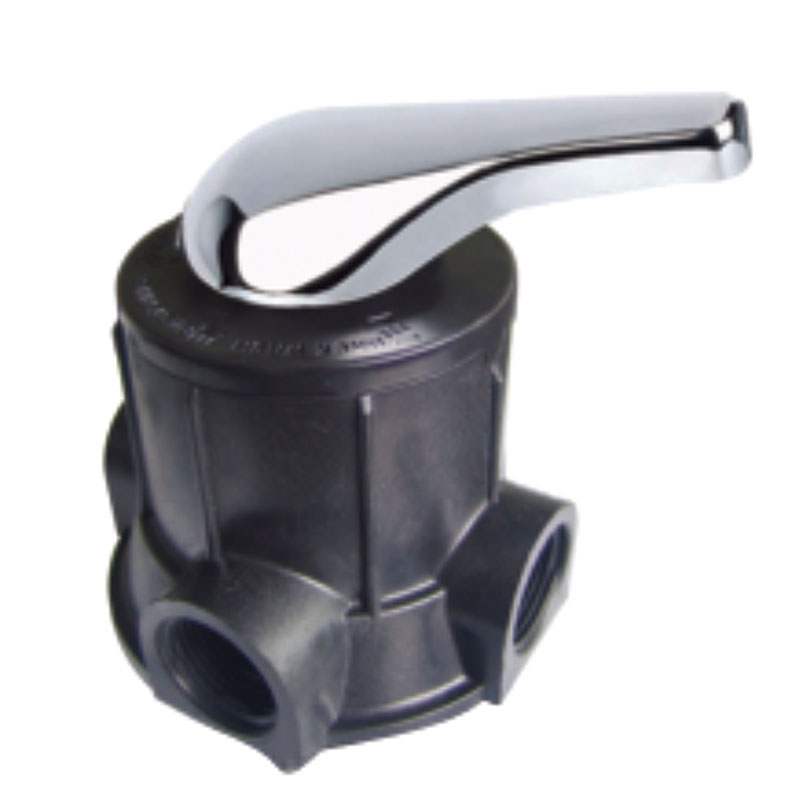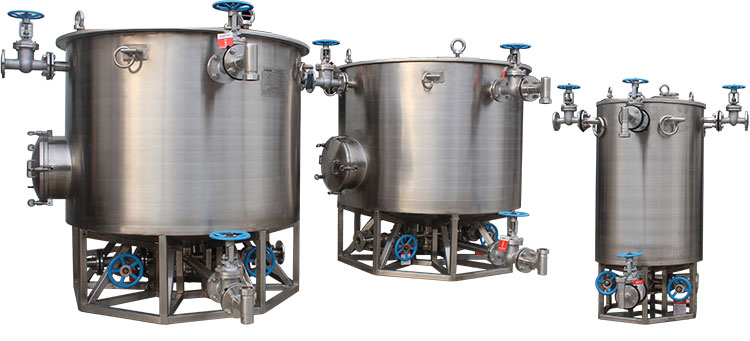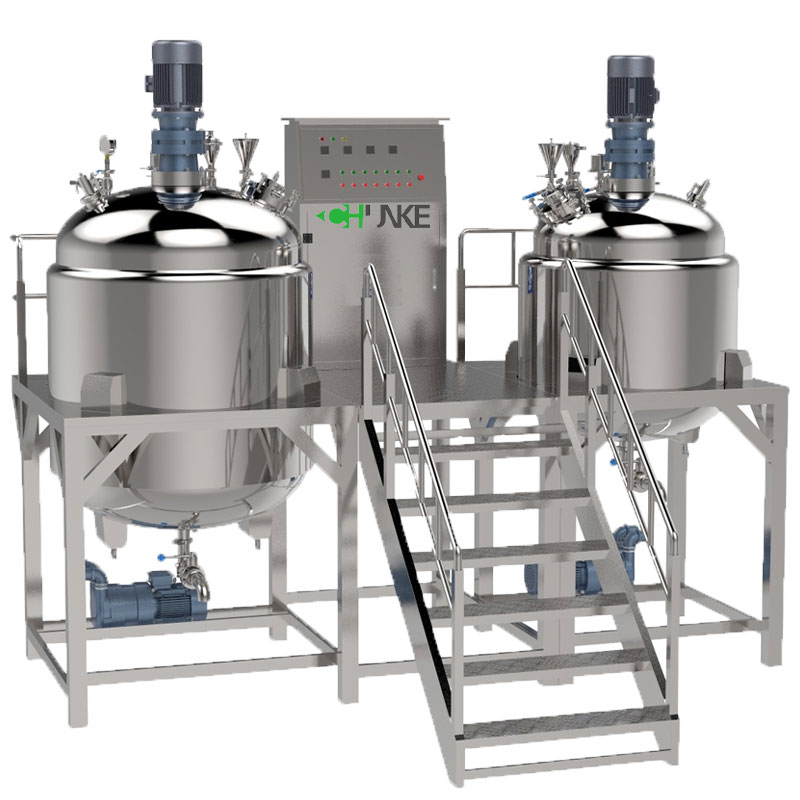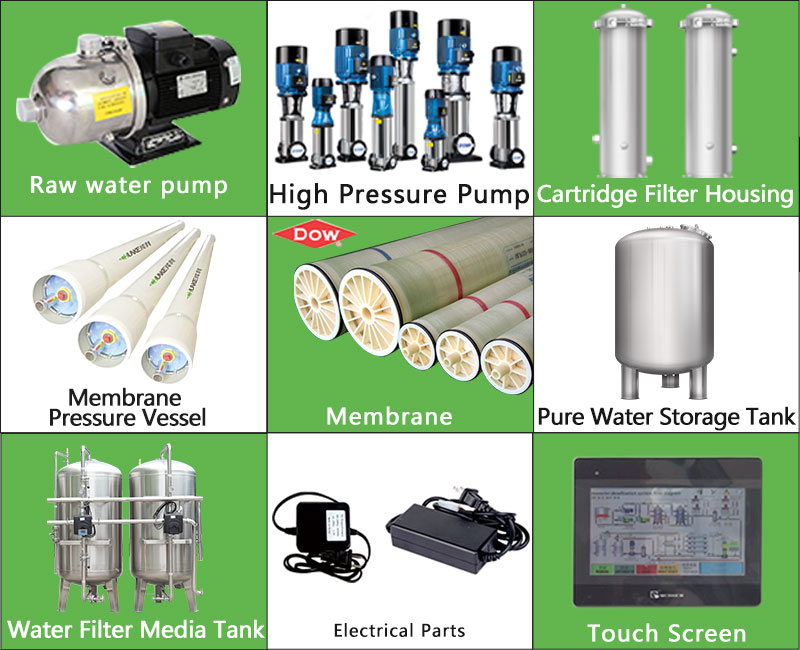What is a faucet water filter? Is a faucet water filter worth installing?
In recent years, as people are increasingly concerned about the quality of drinking water, the demand for household water treatment equipment has grown significantly. Among them, faucet water filters, as a convenient and economical choice, have gradually entered thousands of households. However, many people still have questions about how effective a faucet water filter actually is, why it’s necessary to install one, and whether it’s worth buying.
This article will take an in-depth look at the working principles, functions, and pros and cons of faucet water filters to help readers make a wise choice.

What is a faucet water filter?
The faucet water filter is a small filtration device installed at the water outlet of the household faucet. It is designed to remove suspended particles, chlorine, odors, bacteria and some harmful chemicals in the water through simple mechanical filtration or adsorption. This type of equipment is usually compact, easy to install and maintain, and is a low-cost water quality improvement solution.
The core components of the faucet water filter include the filter element and the housing. Depending on the design and purpose, the material and number of layers of the filter element will vary, but they mainly include the following common types:
● Activated carbon filter element: The most common type of filter element, which removes chlorine, odor, some organic matter and a small amount of heavy metals from water through physical adsorption.
● Ceramic filter element: Ceramic filter element, with its fine pore structure, is mainly used to filter suspended particles and bacteria in water.
● Fiber filter element: made of high-density polypropylene or other synthetic fibers, mainly used to remove large particles in water, such as sand, rust, etc.
● Composite filter element: Some high-end faucet water filters use multi-layer composite filter elements, which combine the advantages of the above-mentioned filter elements to provide a more comprehensive filtration effect.

How does a faucet water filter work?
The faucet water filter introduces tap water into the filter element. When the water flows through the tiny pores or adsorption layer in the filter element, the impurities and pollutants in the water are trapped or adsorbed on the surface of the filter element, while the filtered water continues to flow out for users to use.
Faucet water filter functions
The main function of the faucet water filter is to improve the quality of household water, which is specifically reflected in the following aspects:
● Remove chlorine and odor: Chlorine is usually added to tap water for disinfection during the supply process, which will result in residual chlorine smell in the water. The activated carbon filter element can effectively absorb and remove chlorine and other odors in the water, making the water purer.
● Filter suspended particles: Through ceramic or fiber filter elements, faucet water filters can remove sand, rust and other suspended matter in the water to prevent these impurities from affecting water quality.
● Reduce water hardness: Although most faucet water filters cannot completely remove calcium and magnesium ions from water like water softeners, some high-end water filters can partially reduce water hardness and prevent scale formation.
● Improve taste: By removing chlorine, odors and some dissolved organic matter, faucet water filters can significantly improve the taste of drinking water, making it more refreshing and pleasant.
Limitations of Faucet Water Filters
Although faucet water filters have certain advantages in household water treatment, they also have some limitations that need to be fully considered before purchasing:
● Unable to remove all pollutants: Faucet water filters mainly rely on physical filtration and adsorption. Although they can remove most suspended particles and some organic matter, their removal effect on deep-seated pollutants such as dissolved heavy metals, fluoride, and nitrates is limited. . In contrast, advanced water treatment technologies such as reverse osmosis systems perform better in this regard.
● The life of the filter element is limited: The adsorption and filtration capabilities of the filter element are limited. As the use time increases, the filter element will gradually become saturated and the filtration effect will decrease. Therefore, the filter element needs to be replaced regularly, and it is generally recommended to replace it every 3 to 6 months, otherwise it may cause secondary pollution.
● Impact on flow: Due to the added filter layer, faucet water filters may reduce water flow to a certain extent, affecting daily water efficiency. This may be inconvenient for scenarios that require large amounts of water.
● Limited scope of application: Faucet water filters are mainly designed for household drinking water treatment and cannot effectively deal with industrial pollution or severely contaminated water sources. In these cases, higher levels of water treatment equipment may be required.

Is a faucet water filter worth installing?
If the tap water in the area where the home is located has good quality and only has a slight chlorine smell or suspended particles problem, a faucet water filter is undoubtedly an economical and practical choice. It can effectively improve water quality and enhance water use experience. However, if the local water quality is poor and contains higher concentrations of heavy metals, pesticides, or other harmful substances, faucet water filters alone may not provide sufficient protection. At this time, you should consider installing higher-level water treatment equipment, such as reverse osmosis. System or whole house water purifier.
Secondly, the initial purchase cost of faucet water filters is low, usually ranging from tens to hundreds of yuan, which is suitable for families with limited budgets. However, it should be noted that the replacement cost of the filter element will gradually accumulate, and long-term use may require higher maintenance costs. When choosing, you should consider the life and replacement frequency of the filter element, as well as whether you can replace the filter element yourself to avoid high after-sales service costs.
In addition, the installation of faucet water filters is usually very simple, just connect it directly to the faucet, which is suitable for users without professional skills. In addition, many faucet water filters are also equipped with switch or conversion functions, so users can choose to filter or use tap water directly according to their needs to avoid overuse of the filter element. In contrast, some more complex water treatment systems may require professional installation and take up more space.
Finally, the water needs of your family members are also an important factor in deciding whether to install a faucet water filter. If there are infants, young children, the elderly, or people with weak constitutions in the family who have higher requirements for drinking water quality, faucet water filters can provide them with safer water protection. However, if family members do not have high requirements for drinking water and drink more bottled water on a daily basis, the actual benefits of installing a faucet water filter may be limited.

How to choose the right faucet water filter?
If you decide to install a faucet water filter, choosing the right model and brand is crucial. Before purchasing, it is important to understand the basic conditions of tap water. If you are unsure about the water quality in your home, you can purchase a simple water quality testing kit to test it, or consult your local water department. Understand the main pollutants in the water and choose a water filter with corresponding functions to ensure actual results.
Different filter element types have different effects on different pollutants. The activated carbon filter element is suitable for removing chlorine and odor, the ceramic filter element is better for filtering bacteria and suspended particles, and the composite filter element provides a more comprehensive filtration effect. When purchasing, choose the appropriate filter type based on the water quality in your home. In addition, the replacement cost of the filter element is the most significant long-term expense in the use of faucet water filters. When purchasing, not only should you consider the initial price of the water filter, but also the frequency and cost of replacing the filter element. Choosing a product that is easy to replace and has a reasonably priced filter element can effectively reduce the cost of use.
Choosing products from well-known brands can provide you with better quality assurance and after-sales service. At the same time, read user reviews and professional reviews to understand the actual use effect of the product and avoid purchasing substandard or ineffective products. Ease of use is one of the great advantages of faucet water filters. When choosing a product, give priority to models that are easy to install and do not require specialized tools. In addition, a water filter with a water flow conversion function allows you to use tap water directly without filtering, extending the service life of the filter element.




